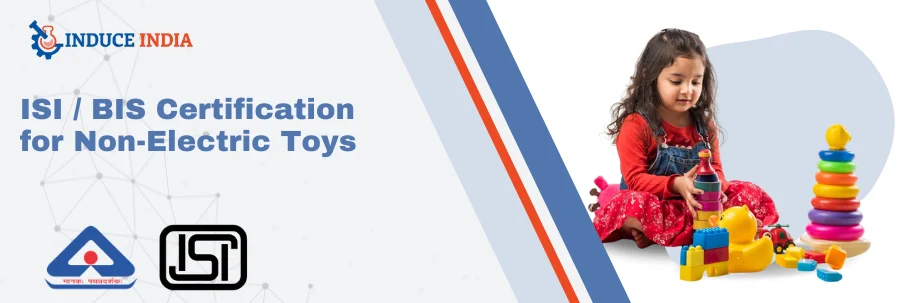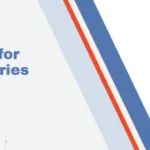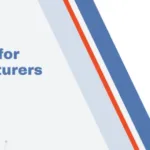Are you thinking about how to increase trust in your electric toys? Well, you can take the help of ISI / BIS Certification for Non-Electric Toys. With this certification, domestic toy manufacturers can gain valuable trust and potential users of their toys. BIS certification is mandatory for all toys for children under the age of 14. The Bureau of Indian Standards (BIS) has mandated that all electric and non-electric toys should contain the ISI (Indian Standards Institution mark). If toys do not contain an ISI mark then they are not permitted to be sold in the country.
What are the essential requirements for Obtaining BIS Certification for Non-Electric Toys?
It helps increase the efficiency of the toys and this certification shows that non-electric toys have undergone various testing methods. Toys confirms that it fulfills all the necessary primary and secondary standards. In case you need BIS certification for more than one type of toy that means electrical and non-electric toys then separate applications should be made for each type.
If your manufacturing unit has different operating units then you have to apply separately. A license to use or apply ISI mark only be granted by BIS for a specific manufacturing unit. If the manufacturer is willing to obtain BIS Mark for Toys is an importer or Domestic. If the manufacturer of toys is only involved in marketing and distribution, not in the manufacturing unit then the order does not apply to the particular practice.
What is required for testing facilities to obtain BIS certification for Non-Electric Toys?
If the manufacturer is making non-electric toys then testing facilities must fulfill the requirements of IS 9873 (PART 1):2019. It also includes a scheme of inspection and testing, which defines the frequency of conducting several tests. Documents that are needed for BIS for Non-Electric Toys are PCB layout, user manual, legal address proof of factory, critical components list, schematic diagram, factory organization chart, list of machinery installed, list of equipment used, insurance cover note, bills of lading, declaration by chief executive officer, packaging list, map location, certificate declaring the brand name of the owner, invoice concerning sales, test report of product analysis, flow chart showcasing the process of manufacturing.
Manufacturers of non-electric dolls, puzzles, rattles, etc need to have all these documents to get a certificate. For making your process easier you can get guidance from a BIS Certification Consultant. They help in the collection of necessary documents and support you throughout the certification process.
What is the Procedure for Obtaining BIS certification for Non-Electric Toys?
First of all, gather your necessary documents and then complete your application with the documents required as per the BIS. BIS officials will assess and check the information provided in your application. If your application meets the initial criteria then BIS will appoint an inspector to visit your manufacturing facility.
The inspector will conduct a thorough examination of your manufacturing unit. After analysis of your manufacturing unit, the appointed inspector collects samples of your non-electric toys for testing. Then samples will undergo testing in a BIS-approved lab. If toys meet all the standards then BIS will issue the certificate for your non-electric toys.
Also Read – ISI Mark Certification for Toys
What are the Benefits of Obtaining BIS Certification for Non-Electric Toys?
The benefits of obtaining BIS Certification for non-electric toys are ensuring quality and safety. It also enhanced consumer trust, competitive advantages, streamlined processes, efficiency, building a positive reputation, and avoidance of penalties and legal issues.
What is the fee for BIS Registration for Non-electric Toys?
The application fee for the BIS registration fee (non-electric toys) is Rs. 10,000. Its license fee is Rs. 1000, the inspection charge is Rs. 7000 and the professional fee starts from Rs. 40,000. BIS registration is valid for two years and it can be renewed before the expiry of the BIS license.
Conclusion
Manufacturers that obtain ISI/BIS certification for non-electric toys then they enjoy many benefits increased credibility, customer trust, and building a good reputation in the market. With the help of an ISI Mark Certification Consultant, the manufacturer can minimize the risk of rejections and maximize the chances of obtaining ISI/BIS certification. This certification for non-electric toys aims to protect consumers from unsafe products. It also establishes a framework for manufacturers to meet necessary standards and ensure safety and reliability. Whereas if non-electric toys do not obtain this certification then BIS takes strict action against the manufacturer.



